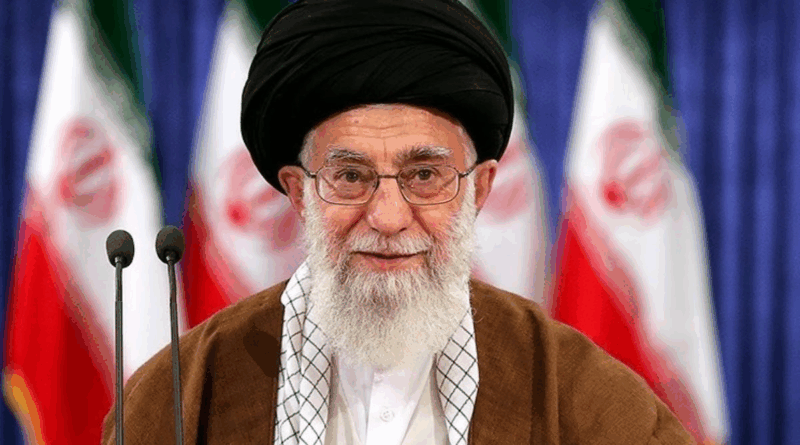How CIA-M16 Codename “Operation Ajax” Ruined The Islamic Republic Of Iran

By Tim Hjersted
In 1953, Iran had a democratically elected prime minister, Mohammad Mossadegh, who committed what, in the eyes of the British Empire and the United States, was an unforgivable sin: he nationalized Iran’s oil industry.
For decades, British Petroleum (then the Anglo-Iranian Oil Company) had extracted Iran’s wealth, leaving the Iranian people with little to show for it. Mossadegh’s move was a bid for sovereignty, dignity, and the right of a nation to control its own resources. The response from the so-called “free world” was swift and brutal: a joint CIA-MI6 operation, code-named Operation Ajax, orchestrated a coup to overthrow Mossadegh, using black propaganda, bribed politicians, manufactured riots, and false flag attacks to create chaos and justify intervention. Hundreds died in the streets of Tehran as the Shah—an autocratic monarch—was reinstalled with American and British backing.
This single act of imperial violence shattered Iran’s democracy and set the stage for everything that followed: decades of dictatorship under the authoritarian Shah, the rise of the secret police (trained and armed by the CIA), the deepening of anti-Western sentiment, and ultimately the 1979 Islamic Revolution. It’s not a stretch to say that the roots of today’s tensions, the cycles of violence, and the specter of war all trace back to this original sin. The aftershocks of that coup are still being felt, not only in Iran, but across the entire Middle East.
Yet, in the American imagination, history often starts with the hostage crisis, or with the latest missile launch, or with the rhetoric of “rogue states.” We’re taught to see Iran as an irrational enemy, a threat to “our” interests, never as a nation whose modern history was violently derailed by foreign powers seeking oil and geopolitical dominance. The coup became a blueprint for U.S. and British interventions around the world, fueling a legacy of distrust, blowback, and endless war.
This is not ancient history. The U.S. government only formally admitted its role in the coup in 2013, after decades of denial and the destruction of key documents. The British government’s involvement was only acknowledged even more recently. The details are staggering: CIA operatives posing as communists bombing mosques to stir up religious opposition, paying mobsters to riot in the streets, and bribing editors to print fake news-long before “fake news” became a household phrase.
So when Americans beat the drums of war with Iran, or wonder aloud “why do they hate us?”, we have to reckon with the fact that the U.S. and U.K. destroyed Iran’s best chance at democracy for the sake of oil profits and imperial power.
Imagine if a foreign power overthrew your government, installed a dictator, and then lectured you for decades about freedom and democracy. Imagine if, every time you tried to chart your own course, you were met with sanctions, threats, and military intervention.
The story of Iran is not unique. It’s a microcosm of the broader pattern of Western interventionism: democracy is celebrated only when it aligns with the interests of empire. When democracy threatens those interests—when a nation dares to control its own resources, or refuses to play by the rules of the global order—it is crushed, and the consequences are borne by ordinary people for generations.
This is not about excusing the crimes or authoritarianism of the Iranian regime. It’s about understanding the context that gave rise to it, and the role that Western powers played in destroying the possibility of a different, more peaceful future. It’s about recognizing that the seeds of today’s conflicts were planted by yesterday’s coups, sanctions, and covert operations.
If we truly want peace, if we want to avoid another catastrophic war, the first step is honesty. We have to confront our own history, acknowledge the violence committed in our name, and reject the amnesia that allows us to repeat the same mistakes over and over. Until we do, every new crisis will be haunted by the ghosts of 1953—and the world will continue to pay the price for our refusal to learn from the past. – Tim Hjersted



